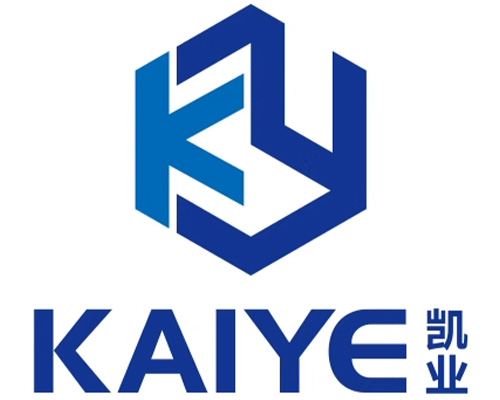Impregnation uses vacuum pressure to fill YJ-85C liquid (a special liquid that can become solid when heated to 85 degrees) into casting defects. After cleaning the surface of the workpiece, it is heated to solidify the liquid in the defect. , the liquid inside the micropores solidifies and forms a whole with the casting itself. After solidification, it can compensate for the defects of the casting due to its characteristics such as high purity, irreversibility, high temperature resistance, acid and alkali resistance, solvent resistance, and hot and cold shock resistance.
In casting and powder metallurgy processes, defects such as pores, pinholes, and shrinkage cavities in castings are prone to occur, leading to leakage of parts and poor spraying. Returning to the furnace for recasting will seriously waste energy and affect production efficiency. Impregnation is a technology that solves these problems.
With the invention of aircraft, impregnation technology has appeared in modern applications, mainly used for impregnation and leak repair of castings of aluminum alloy parts of military aircraft. Aluminum alloy casting parts on metal aircraft have pinholes that are invisible to the eye during casting. Depending on the characteristics of the pinholes, leakage may occur from the inside of the part to the outside. For example, liquids and gases such as lubricating oil, grease, cooling water, gasoline, air, and air-conditioning refrigerant gas inside the component housing may leak. In addition, moisture, etc. may seep in from the outside, which may affect or even damage the function of the components, so impregnation treatment is required.
Later, pressure-resistant castings such as automobiles, motorcycles, trains, ships, air conditioners and other household appliance industries, water pumps and pipe fittings and other hardware, as well as gears and electronic parts, and powder metallurgy parts were also widely used, playing an important role in quality assurance and reducing production costs. It has reached a critical role and has become a very important production process.
Impregnation treatment is also applied before metal surface treatment such as electroplating or painting, which can improve the quality of electroplating and painting, make the surface smoother without spots and blisters, and extend the life of parts. It can also be used in the production process of ceramics and wood products.

